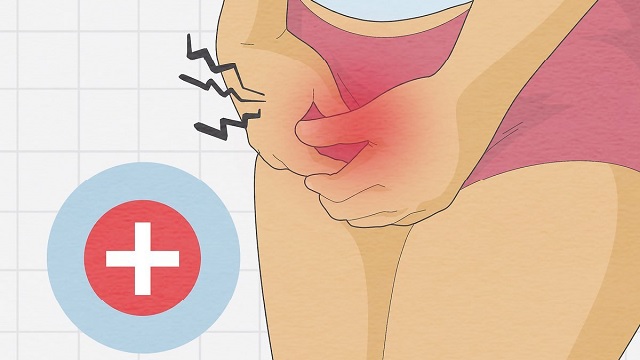Study shows how urinary tract infections affect quality of life in women
More than half of women with UTIs experience a decline in sleep, exercise, and sexual intimacy. Recurrent UTIs cause a decrease in health.
An estimated 10% to 20% of women have a urinary tract infection at some point in their lives. The condition is common, and urinary tract infections in women of childbearing age account for 6 to 7 million visits per year to family physicians in the United States. Current knowledge of the cause and risk factors, as well as the medical approach to diagnosis and management of this condition is well-studied. Many studies have documented 3-day therapy and 7- or 10-day treatment with antibiotics to be equally effective. However, there have been few studies that attempt to quantify the quality of life with urinary tract infections.
Although UTI is a treatable condition, it can cause various symptoms impacting a person’s daily life. Past research shows recurring UTIs can impact a woman’s self-esteem and relationships. And a 2022 study reported women with recurring UTIs experience negative emotions, including worry, frustration, and anger.
A new study from researchers at healthcare companies Cerner Enviza and GSK has found that more than half of women with UTIs experience a decline in sleep, exercise, and sexual intimacy. And recurrent UTIs caused a decrease in health-related quality of life.
The study appears in the journal “PLoS ONE”.
What is a urinary tract infection
Bacteria cause the majority of UTIs. In typical conditions, bacteria that enter the urethra are flushed out. However, sometimes this doesn’t happen, and the bacteria can travel to the bladder, resulting in a UTI.
Symptoms of a UTI include:
- pain or burning during urination
- increased frequency or urge to urinate
- fever
- nausea and/or vomiting
- tiredness
- shaking and/or chills
While a UTI can happen to any woman, some are at a higher risk for developing UTIs than others. These include women who:
- previously had a UTI
- have diabetes
- are sexually active
- are pregnant
There are two main types of UTIs. An uncomplicated UTI occurs when someone gets a UTI without any mitigating factors and is treatable with antibiotics.
A complicated UTI (may occur in someone) who has altered anatomy, may have a catheter in, may have kidney stones, or obstruction of the urinary tract at some point. They might have a fistula that’s causing the UTI. All those things create complications.
UTI and quality of life
For this study, researchers conducted an online survey of 375 women aged 18 and over from the United States. All of them had experienced a UTI in the past 60 days with a prescription of one or more oral antibiotics.
The survey included questions regarding how UTIs impacted the participants’ activities, health-related quality of life, workplace productivity, healthcare resource use, and costs.
Upon analysis, researchers found 66.9% of participants experienced impaired sexual intercourse, 60.8% impaired sleep, and 52.3% impaired ability to exercise.
Participants with UTIs also had increased work productivity and activity impairment and experienced higher medical costs.
It is very difficult to work and very difficult to sleep, and it is even more difficult to exercise if you have a UTI. The feeling to urinate, like the burning, etc. that happens with a UTI is one of the most noxious stimuli to the brain. And one of the reasons that has been accepted as a fact is when operating on patients, doing simple things like even a camera into the bladder, if the doctor overfills the bladder, the patient will literally start waking up from anesthesia. That is how noxious the stimuli is to the brain.
So, when you’re in the midst of UTI, it’s a really intense infection (and) it is markedly uncomfortable. You can’t think or do anything else but deal with that.
Suffering from a urinary tract infection significantly affected many aspects of quality of life of the women who’ completed our survey questionnaire. Quality of life is a well-recognized and valid portion of a patient’s overall assessment, and a woman’s symptoms should be taken seriously as a disease process with an important associated illness experience, albeit one of short duration. Given that the effect on quality of life is so far-reaching, involving social function, vitality, and emotional well-being, physicians might consider modifying their management of urinary tract infection to introduce preventative strategies earlier. Self-treatment and postcoital prophylaxis regimens have met with particular success. Physicians might also consider adding a urinary tract analgesic (phenazopyridine) to the treatment of symptoms for those patients with significant pain. The results of this study suggest that further investigation into the impact on quality of life on this and other acute so-called benign conditions is warranted.




 Kalinga AI
Kalinga AI